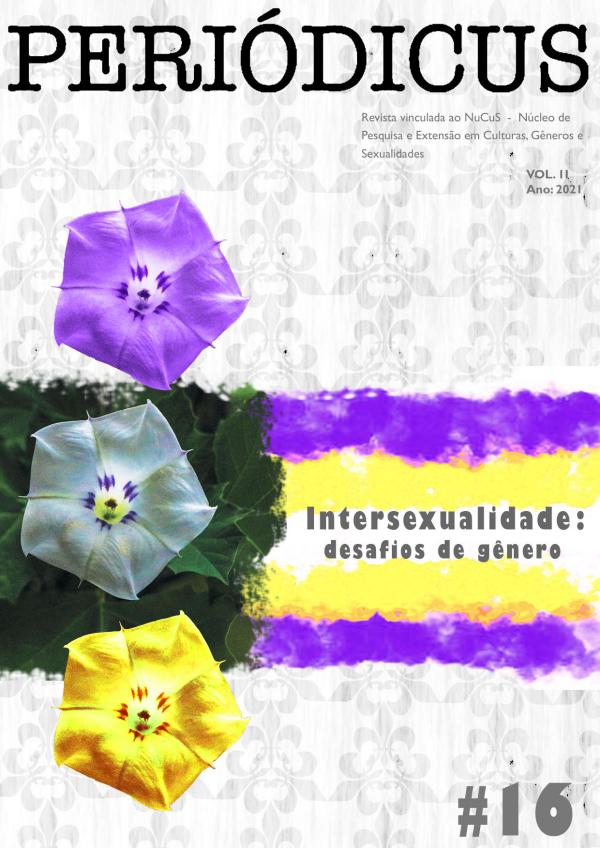Sexual orientation and sex reassignment surgery: trans women’s experience with passing and maintaining intimate relationships
DOI:
https://doi.org/10.9771/peri.v2i16.34724Abstract
This study problematizes the categories of heterosexual women and non-transmedicalized women, used to
select interviewees for the research ‘Intimate experiences of travestis and transgender women.’ We discuss the notions of
biological sex, sexual orientation, and gender identity and which assumptions are used to define transgender people’s
sexual orientation; as well as the need for sex reassignment surgery to differentiate between travestis and transgender
women. Its approach is self-ethnographic, for one of the authors is a heterosexual and non-transmedicalized transsexual
woman (at the time of writing). Passing emerges as a primary reference for maintaining an aesthetic legitimacy of
transition and as a factor that minimizes the violence and transphobia experienced. Finally, we analyze how these elements
(sexual orientation, reassignment surgery, and passing) help maintain the intimate relationships these women experience.
Downloads
Downloads
Published
How to Cite
Issue
Section
License
Copyright (c) 2021 Frida Pascio Monteiro, Patrícia Porchat

This work is licensed under a Creative Commons Attribution-NonCommercial 4.0 International License.
Authors who publish in this journal agree to the following terms:
Authors retain copyright and grant the journal the right of first publication, with the work simultaneously licensed under a Creative Commons Attribution Noncommercial License that allows the work to be shared with acknowledgment of authorship and initial publication in this journal, but prohibits commercial use.
Authors are authorized to enter into separate additional contracts for non-exclusive distribution of the version of the work published in this journal (e.g., publishing in an institutional repository or as a book chapter), with acknowledgment of authorship and initial publication in this journal.
Authors are permitted and encouraged to publish and distribute their work online (e.g., in institutional repositories or on their personal website) at any point before or during the editorial process, as this can generate productive changes and increase the impact and citation of the published work (see The Effect of Open Access).








